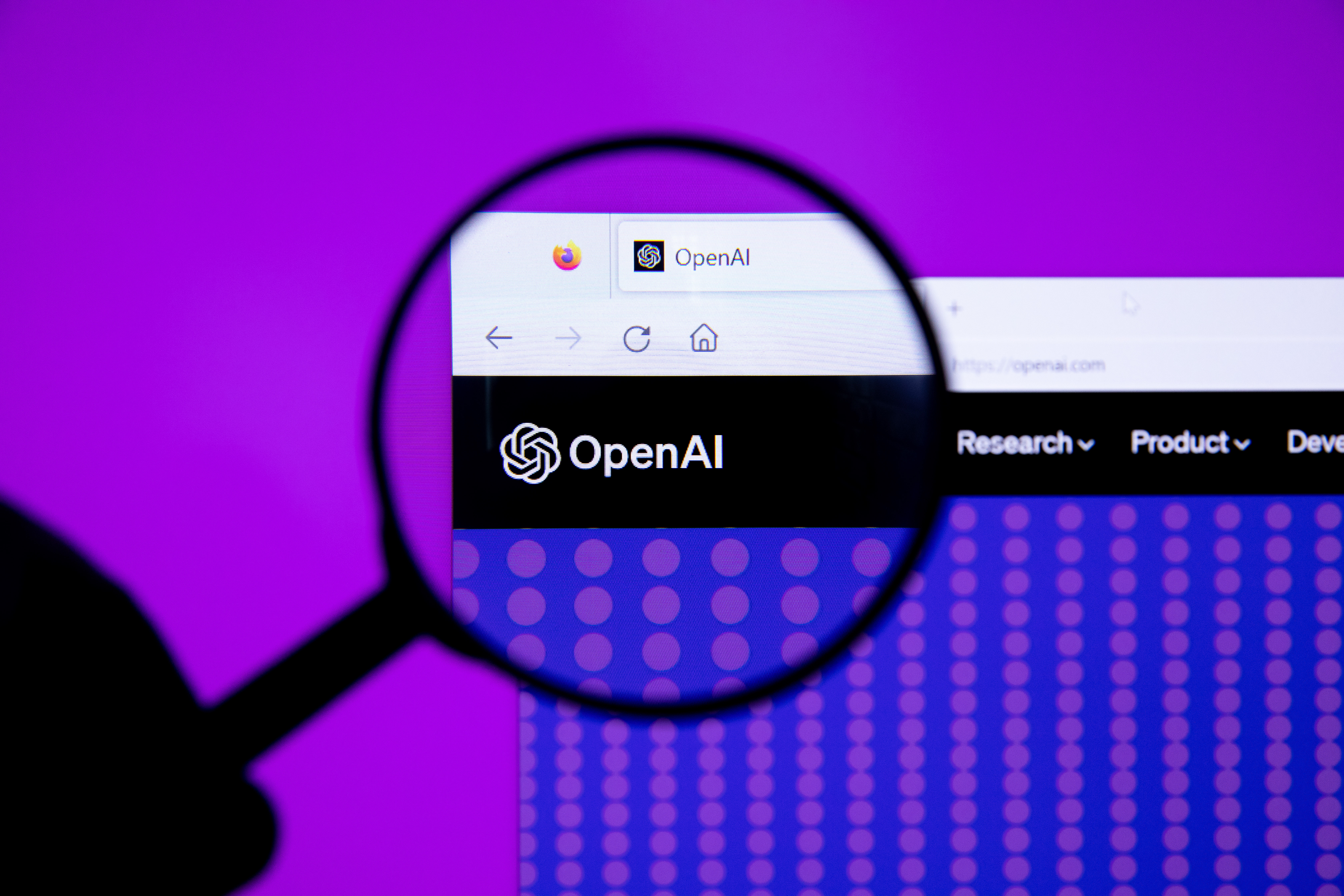OpenAI Launches NextGenAI Consortium with $50M Commitment

OpenAI has introduced NextGenAI, a consortium uniting 15 leading research institutions to advance AI research and education, with a commitment of $50 million in funding and tools. This initiative was announced on their website.
NextGenAI aims to accelerate research breakthroughs and transform education by providing research grants, compute funding, and API access to students, educators, and researchers. The consortium includes prestigious institutions such as Caltech, MIT, Harvard University, and the University of Oxford, among others.
Each partner institution is leveraging AI to tackle significant challenges. For instance, The Ohio State University is using AI to advance fields like digital health and agriculture, while Harvard University and Boston Children's Hospital focus on improving medical decision-making with AI tools.
The initiative also emphasizes AI literacy and hands-on training. Texas A&M University is using NextGenAI resources for its Generative AI Literacy Initiative, and MIT is utilizing OpenAI's API to develop new AI applications.
We hope you enjoyed this article.
Consider subscribing to one of our newsletters like AI Funding Brief or Daily AI Brief.
Also, consider following us on social media:
More from: Funding
Subscribe to AI Funding Brief
Whitepaper
Stanford HAI’s 2025 AI Index Reveals Record Growth in AI Capabilities, Investment, and Regulation
The 2025 AI Index by Stanford HAI provides a comprehensive overview of the global state of artificial intelligence, highlighting significant advancements in AI capabilities, investment, and regulation. The report details improvements in AI performance, increased adoption in various sectors, and the growing global optimism towards AI, despite ongoing challenges in reasoning and trust. It serves as a critical resource for policymakers, researchers, and industry leaders to understand AI's rapid evolution and its implications.
Read more
